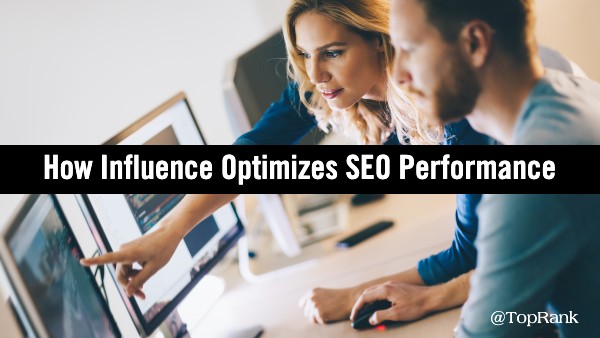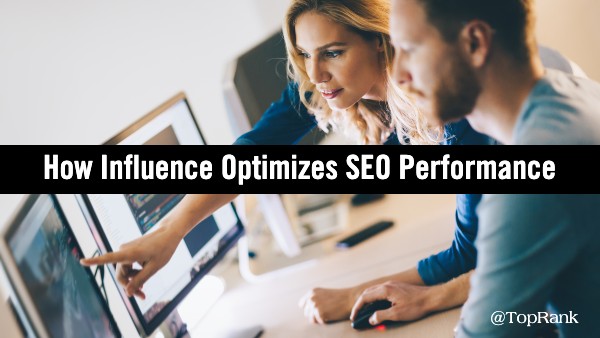Trust and the Search for Answers: How Influence Optimizes SEO Performance

By Lee Odden

According to the annual Global Digital Overview Report from We Are Social and Hootsuite, 81% of internet users search online for a product or service to buy and 74% have purchased online. Without question, digital engagement and commerce is the new normal and is as relevant for B2B companies as it has been for B2C.
During the pandemic, search engines have become even more important as B2B brands and buyers alike digital transform to virtual engagement for information discovery, consumption and interaction. As a result, many companies have invested more in search engine optimization in order to capture the fast-growing opportunities to be the best answer for customers at the moment of need – when actively searching for solutions.
Best practices for SEO abound on the web including this list from SEMrush:
- Find Your Competitors’ Best Performing Pages
- Inform Your Content Strategy Using A Keyword Gap Analysis
- Use Digital PR To Earn Authority Backlinks
- Improve Your Organic CTR Using PPC Testing
- Optimize For ‘People Also Ask’
- Steal Your Competitor’s Broken Backlinks
- Use Supporting Content To Show Topical Expertise
- Use Internal Links To Supercharge Page 2 Rankings
- Optimize Core Web Vitals
- Make Your PR Team’s Efforts Work Harder For SEO and Turn Brand Mentions Into Links
- Optimize For Image Search
- Clean Up Toxic Links
But what good is optimization for visibility if buyers don’t trust what they find?
Research from CSO Insights reported by MarketingCharts, 27.2% of buyers say web searches are their preferred source of information for solving business problems but 43% rely on subject matter experts (SMEs) from the industry. Trust in marketing has become a challenge and it’s no different with search marketing. A Forbes/Yext study found that only 50% of people trust what they find in search results and research from HubSpot reports that 65% don’t trust ads.
Virtually all SEO efforts emphasize the KPI of ranking on a search engine as the proxy to success but without trust in content, that’s simply not true. Even when companies make the investment to create “great content”, without signals of trust and credibility, those content and SEO investments fall short of being a mediocre user experience at best.
In the world of SEO, you are what you E.A.T.
According to Google’s search Quality Rater Guidelines, one of the most important criteria for evaluating best answer content is the expertise, authoritativeness and trustworthiness of content, creator of the content and the website that hosts the content. More than ever, it is important for marketers that are striving to capture the fast growing opportunities coming from increased use of channels like search to go beyond simply creating great content that is SEO friendly. The new opportunity to be the best answer for customers means optimizing for findability and credibility.
How can marketers optimize content for trust?
According to research from the Demand Gen Content Preferences Study, 95% of B2B buyers prefer content from industry experts and influencers. Partnering with credible …read more
Source:: Top Rank Blog






